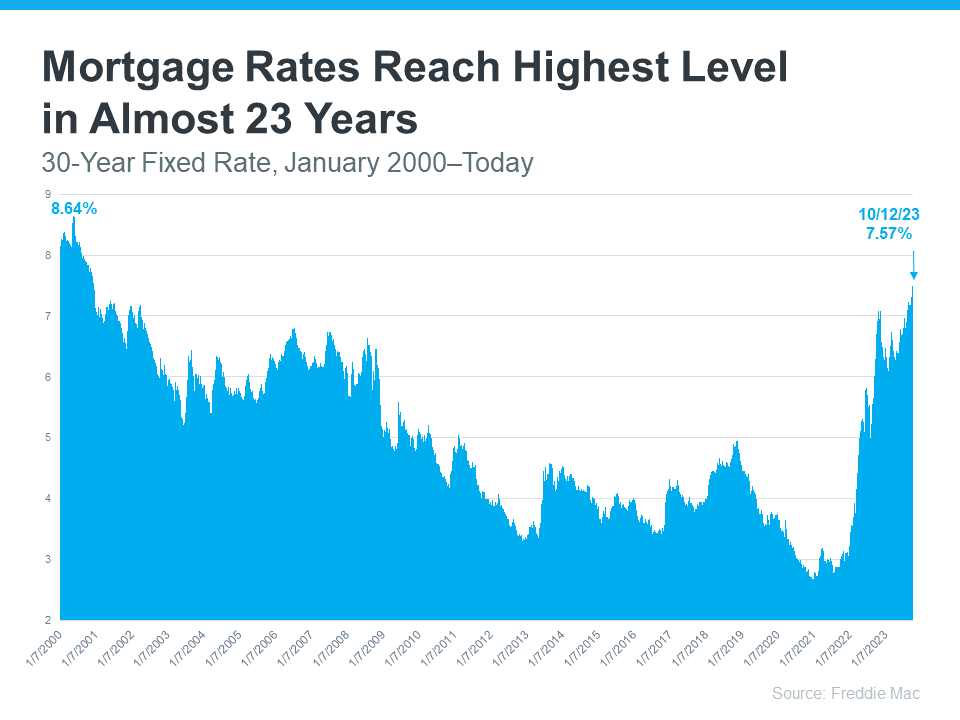The Risks of Selling Your House on Your Own

Are you thinking about selling your house as a For Sale by Owner (FSBO)? If so, know there’s a whole lot more time and expertise needed in that process than you might think. While the idea of doing it all by yourself might seem tempting, it’s important to recognize the challenges you may face if you take it on all by yourself. As a recent article from Bankrate explains:
“Choosing the right price, crafting a compelling listing, marketing to potential buyers, coordinating showings, preparing paperwork: All of these are tasks that, in the absence of a real estate agent, you will have to do yourself.”
Here’s a bit more information on just a few of those things and how you may miss out if you don’t use an agent.
You May Not Price it Right
Pricing your house right is key to a successful sale. Real estate agents have experience navigating this housing market and understand the art of pricing a home to sell today. Unfortunately, homeowners who sell on their own often lack this all-important experience. That can lead to two common consequences: overpricing or underpricing the house.
An article from Nerd Wallet offers this advice:
“If your home is overpriced, you run the risk of buyers not seeing the listing. . . . But price your house too low and you could end up leaving some serious money on the table. A bargain-basement price could also turn some buyers away, as they may wonder if there are any underlying problems with the house.”
Don’t run this risk. Instead, partner with an agent to make sure your house is priced at current market value, so it catches the eyes of eager buyers. This will put your house in a position to make the best first impression possible.
You Don’t Have as Much Experience in Marketing a House
In this digital age, online marketing has become a real game-changer, especially when it comes to selling your house. A recent report from the National Association of Realtors (NAR), explains:
“Among all generations of home buyers, the first step taken in the home search process was to look online for properties.”
When you partner with a real estate agent who knows how to take advantage of online marketing tools and resources, you’ll be able to get in front of these tech-savvy house hunters, boosting your chances of a successful sale. But, if you’re attempting to sell your house on your own, you might find yourself missing out on the full power of online and social media strategies.
You May Not Be Comfortable Handling All the Back-and-Forth
When you decide to sell your house, you’re not just on a quest to find a buyer; you’re also stepping into a world of negotiations. You’ll have to coordinate with a bunch of people, including the buyer, the buyer’s agent, the inspection company, the appraiser, and more. It’s a dance where every move counts, and the expertise of a real estate agent can make a world of difference in keeping these negotiations on track and sealing the deal.
As NerdWallet says:
“Your listing agent will also, of course, be on your side throughout negotiations. They’ll double-check paperwork that comes through, communicate with the buyer’s agent and other parties to the sale, and generally stay on top of things through to closing day.”
Bottom Line
If you’re thinking about selling your house and the idea of going it alone has crossed your mind, be sure to think through that decision carefully. Let’s connect to discuss how a real estate agent has the experience needed to take all that stress off your plate.



